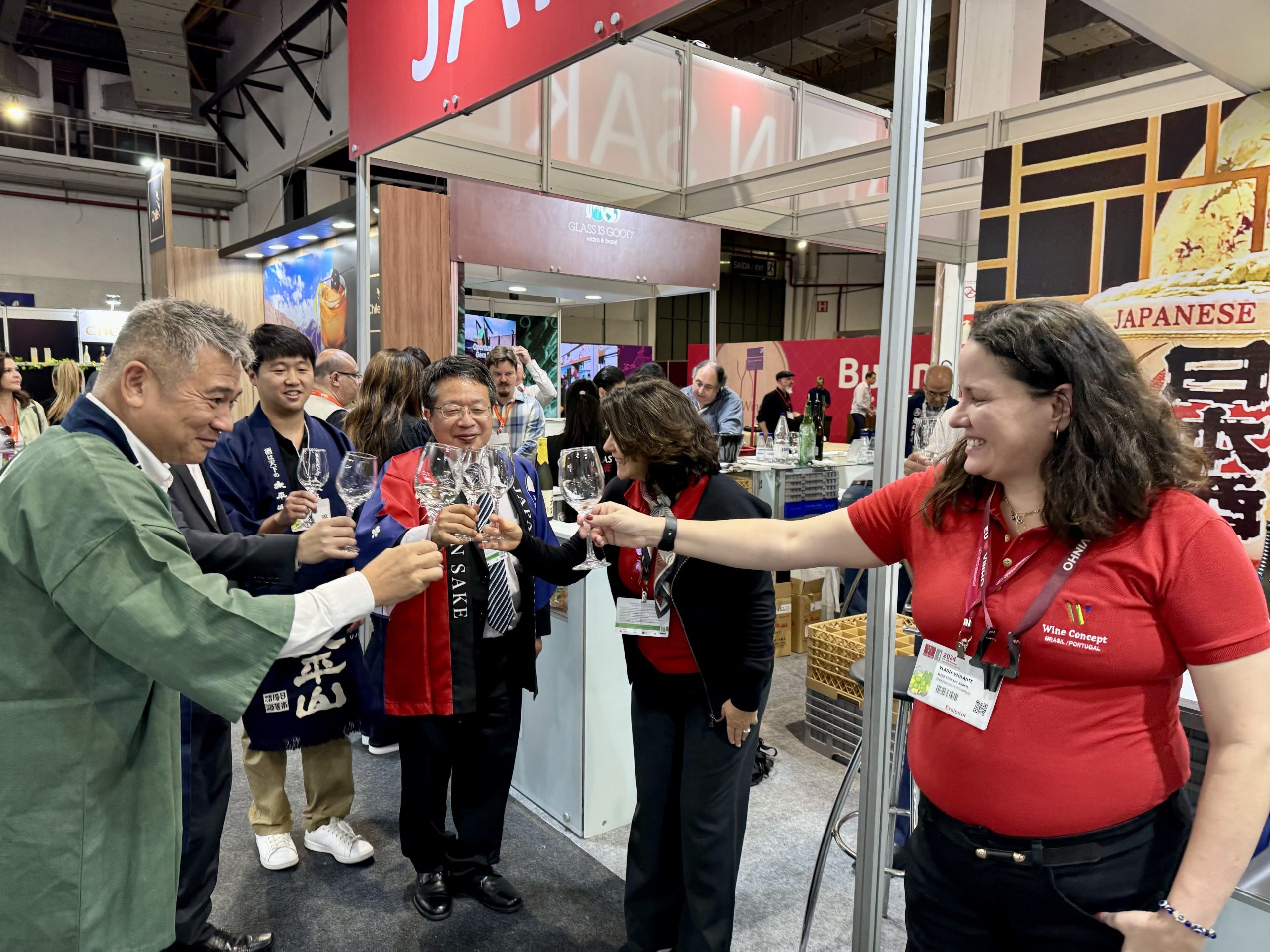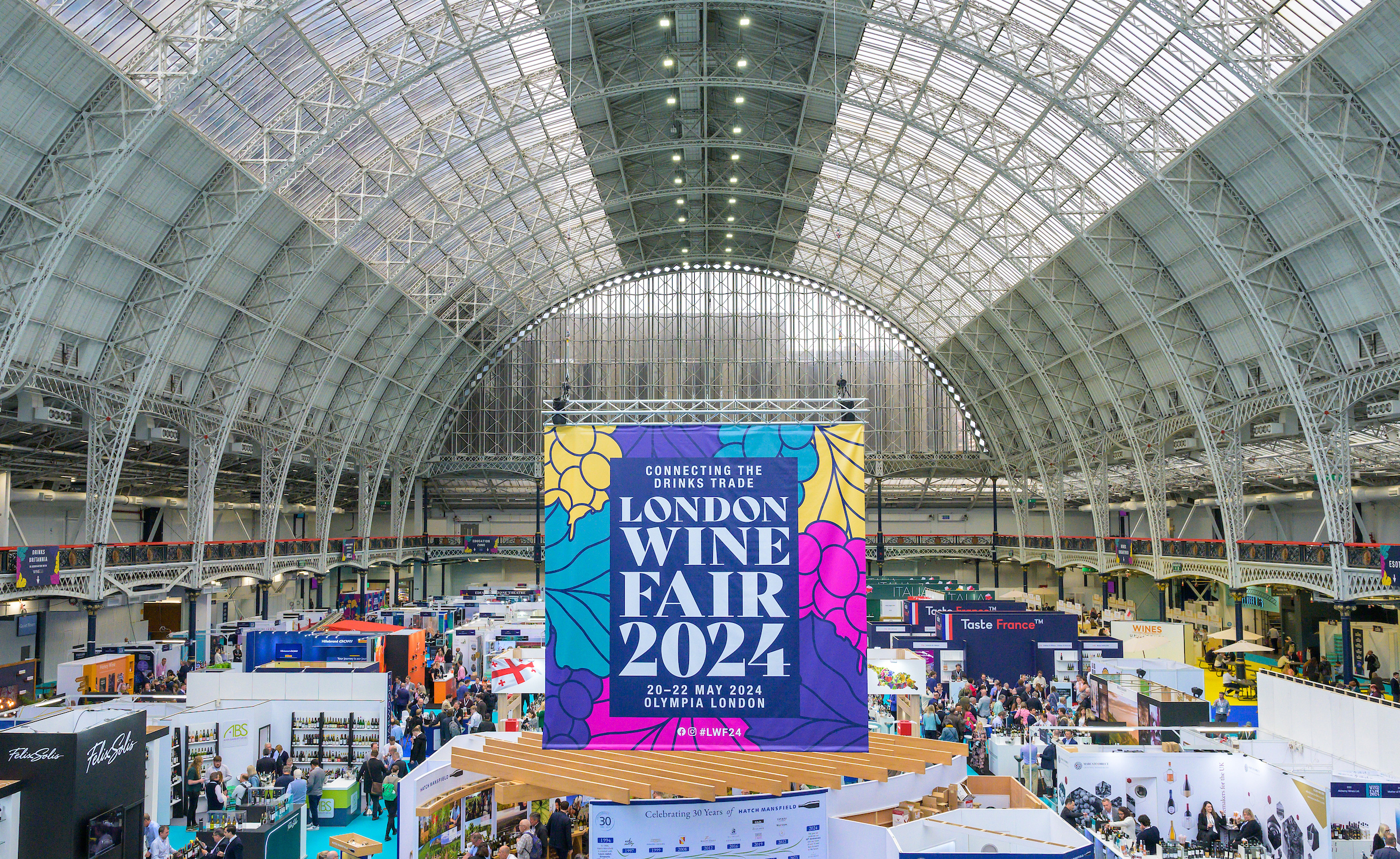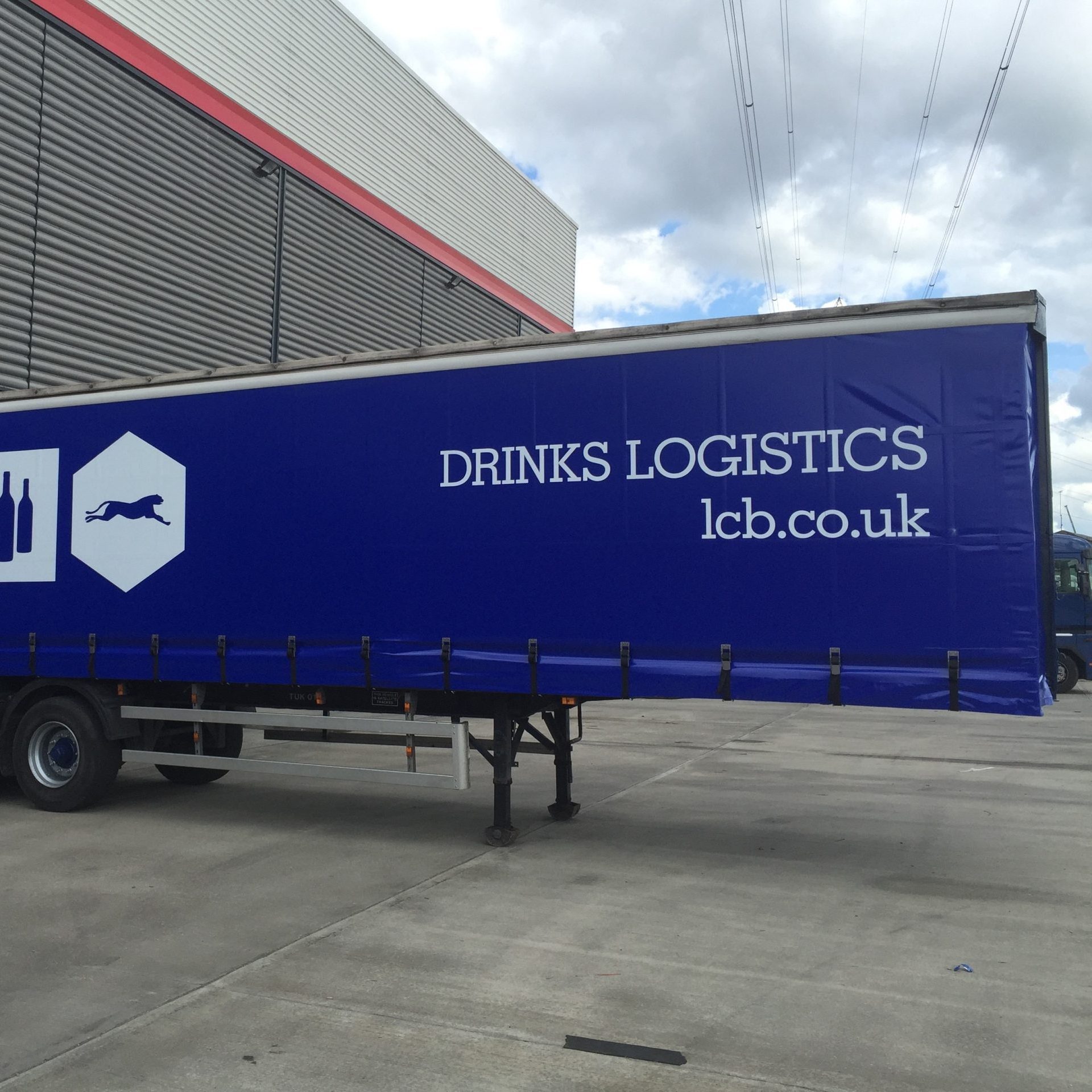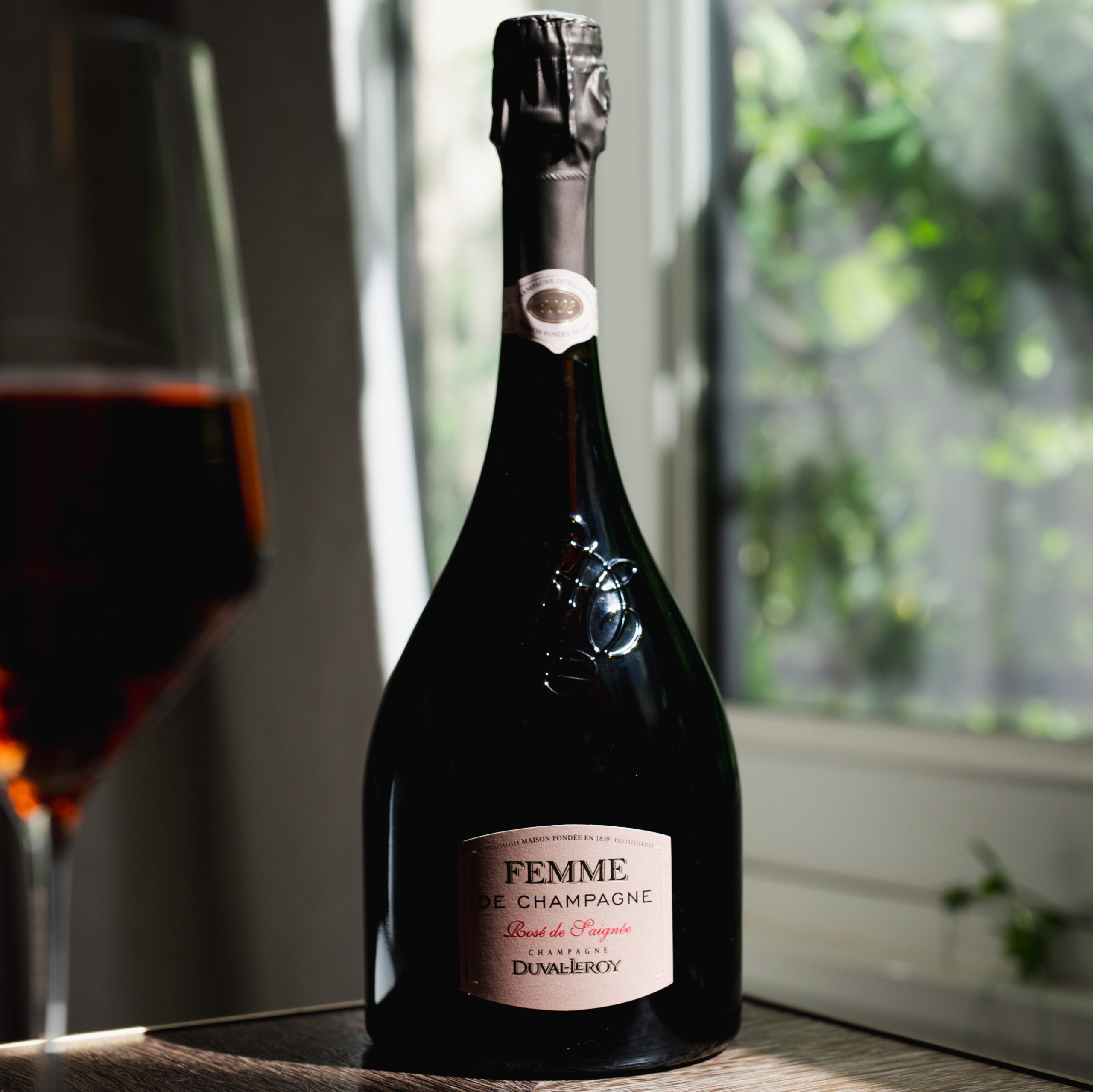This website uses cookies so that we can provide you with the best user experience possible. Cookie information is stored in your browser and performs functions such as recognising you when you return to our website and helping our team to understand which sections of the website you find most interesting and useful.
United Spirits assesses its options
By Ron EmlerSpeculation has been growing recently about the intentions of the world’s third largest spirits company, United Spirits.
The Indian group, which is controlled by the flamboyant Vijay Mallya, is looking to repay debts of about $1.2bn incurred as part of its purchase of Scotch distiller Whyte & Mackay in 2007.
To that end a subsidiary has sold $188m worth of shares held in the parent company, taking the debt down to about half the original level. This, the company reckons, will save it about $18m in interest costs in a full year.
United’s total debt will still stand at just under $2.5bn and Mallya’s team is in talks with various private capital houses about raising further funds; it could also seek a private placing. The word from the sub-continent is that the group would like to approximately raise a further $300m through issuing extra shares. The effect would be to give an outside holder a stake of about 10% in the company.
Deleveraging the balance sheet makes sense while investors are seeking a home for their money at a time when interest rates are so low. But the fact that United is talking to investment houses brings into question its potential relationship with Diageo, the world’s largest wines and spirits group.
Just after Christmas it became known that Diageo was in talks with Mallya about a potential link. On paper such a deal would make sense as it would give Diageo increased access to the burgeoning Indian drinks market while allowing United to develop its own international brands more quickly – at the moment they are only available in about 20 global markets.
Partner Content
At the time however, Paul Walsh, Diageo’s chief executive, broke his own rule about not commenting on market speculation. At a press briefing he said that speculation about a deal being concluded in the near future “was very, very premature…. It’s gaining a head of momentum that is unjustified,” he warned.
Walsh is renowned for driving a hard bargain and the implication of Mallya’s latest moves is that he is looking elsewhere for a partner. That would leave him free to compete with Diageo, just as his Whyte & Mackay and Kingfisher brands do through his Force India F1 Grand Prix team against the Johnnie Walker-backed McLaren stable.
Earlier this week, United Spirits’ chief financial officer, Ravi Nedungadi, said that reducing its debt gave it the luxury of “doing strategic transactions with the best possible partner in due course without liquidity pressure”. It is a delphic statement that leaves the door ajar for Diageo but equally it could signal that United Spirits wants to hit the acquisition trail while global spirits sales remain depressed and prices cheap. Pernod Ricard has non-strategic brands for sale as part of its own debt reduction programme.
Finance on Friday, 03.07.2009





